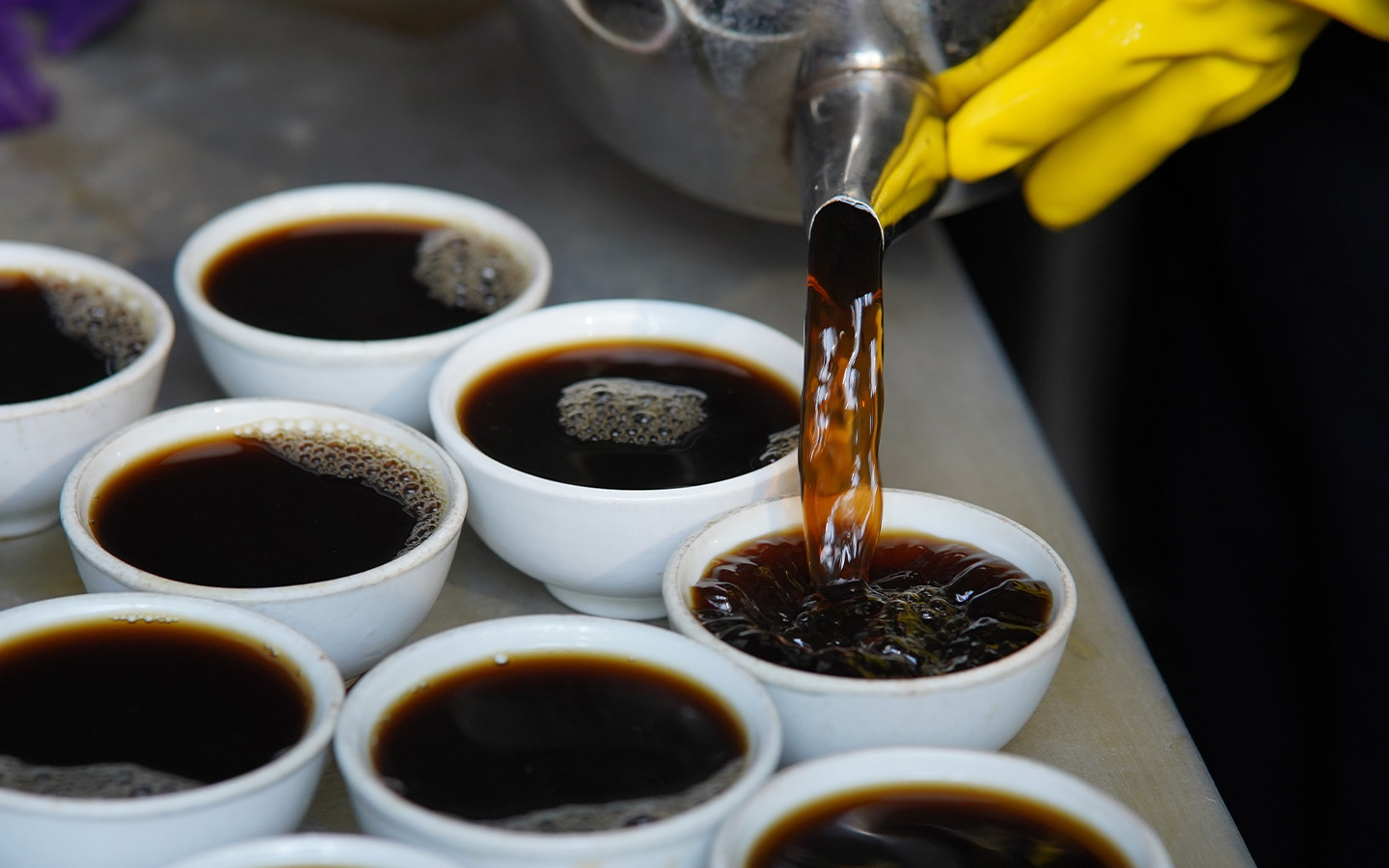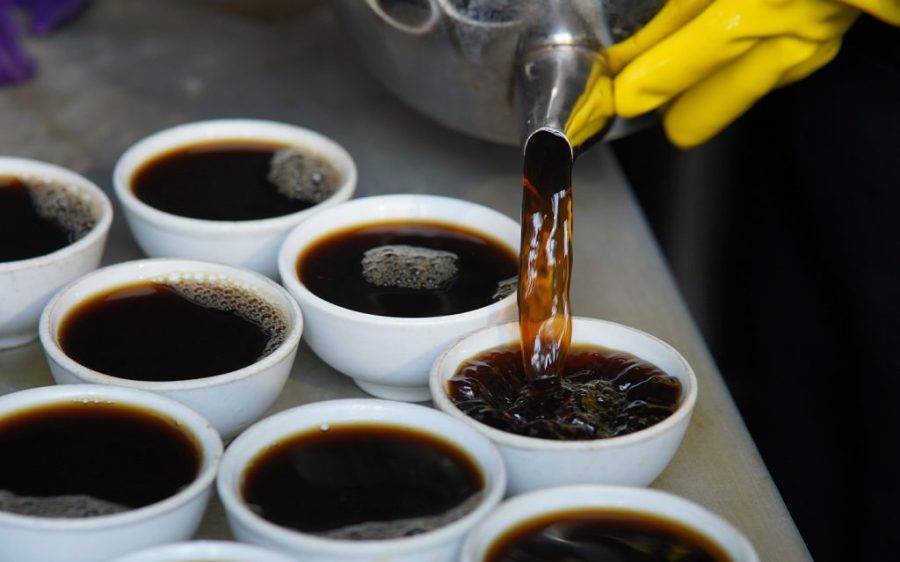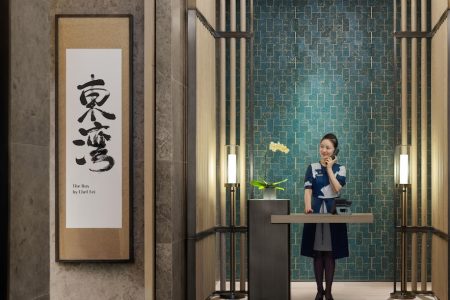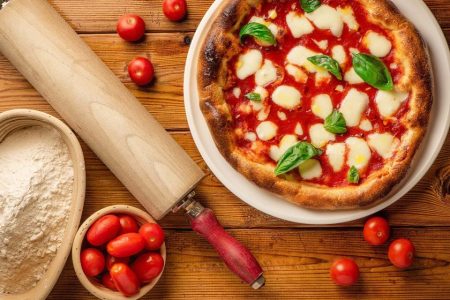Traditional Chinese-style shops selling bowls of dark-colored herbal tea are not just a familiar sight in Macao – they’re deeply rooted in the culture. Herbal tea was listed as part of Macao’s Intangible Cultural Heritage in 2019.
The popularity of Chinese herbal tea is also growing internationally, riding the wave of interest in Traditional Chinese Medicine (TCM), and a booming wellness industry. With consumers seeking out caffeine-free and health-promoting drinks, Chinese teas such as five flower, Guangdong abrus, prunella grosvenori, 24 flavor, and even “dampness-relieving” tea are the subject of renewed interest.
The teas are no fad, however, but have been used for centuries as medicines and tonics. Locally, the popularity of herbal tea is related to the climate. Guangdong, Hong Kong, and Macao have a subtropical climate, which is hot and humid for much of the year. Assistant professor Gabriel Li Yu, who lectures on TCM at the Macau University of Science and Technology, explains that in traditional Chinese medicine, the phenomenon of “damp heat” can arise in such a climate and cause tiredness, loss of appetite, skin problems, and what TCM refers to as “internal heat.”
[See more: Climate change is literally making you older]
The latter is a key idea in TCM. Common “internal heat” symptoms include sore throat, acne, constipation, and irritability. The condition is often linked to eating too much oily or spicy food, not resting enough, or hot and humid weather. From a modern medical view, Li suggests that it can be thought of as mild inflammation, dehydration, and stress on the digestive and immune systems.
Drinking herbal tea can help relieve internal heat. Li says that herbal tea follows the idea of “medicine and food sharing the same origin.” Each herb has different properties, and when mixed together, they can help balance the body.
At the same time, people with weak digestion or who often feel cold might not do well with too many “cooling” herbs. Drinking too much herbal tea can also overload the stomach or kidneys. It’s important to seek qualified advice when incorporating herbal tea into your wellness regimen.
Interestingly, herbal tea in Chinese is “涼茶,” which literally means “cold tea,” but most people think it should be drunk hot. So, do the bottled cold herbal teas in supermarkets still work? Li believes that freshly brewed herbal tea is usually stronger and more in line with traditional methods because hot water extracts the active ingredients better. Bottled herbal tea can still help, but it is usually weaker, sometimes has added sugar, and drinking very cold liquids can affect digestion from a TCM perspective.
[See more: Integrating TCM into Macao’s medical tourism requires a public-private led task force]
If all this has piqued your interest and you want to try the real thing for yourself, here are some well-known shops in Macao that specialise in herbal tea. As you already know, many herbal teas are bitter, so you might want to have something sweet to suck on afterwards. If you want to keep it ultra traditional, the usual accompaniments are dried tangerine peel or haw flakes, which the shops usually sell.
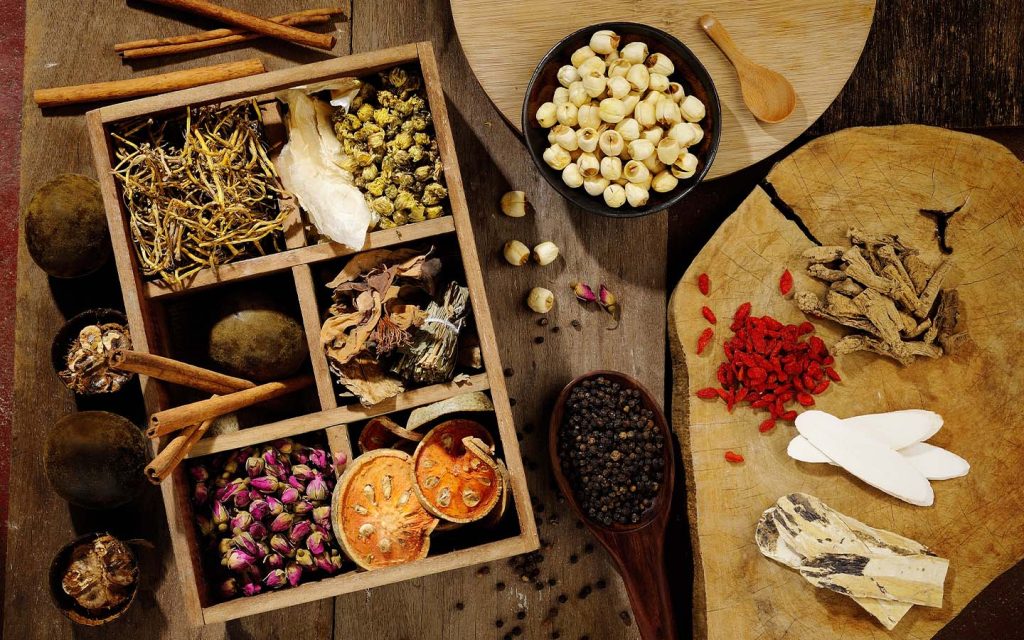
1. Wa Sang Hong(華生行)
If you’re looking for a real OG herbal tea shop, Wa Sang Hong is the place to go!
This place has been in business for nearly 40 years. Its spacious interior features traditional green-and-white floor tiles, wooden tables and chairs, and white tiled walls adorned with framed Chinese paper-cut artworks
A large heated display cabinet showcases a variety of desserts, soups, and herbal teas, all served in traditional Chinese ceramic bowls. While the prices at Wa Sang Hong aren’t cheap, every item is made with authentic, high-quality ingredients – and the shop is often packed with loyal customers.
Address: Av. de Horta e Costa, 75, Edificio San Lai
Hours: 11 am to 11 pm
2. U Bo Wo(余保和)
The U family began running TCM clinics in the 1920s, with several generations practising medicine. In 1994, Ms. U founded the herbal tea shop U Bo Wo, which mainly serves herbal teas, sweet soups, and double-boiled medicinal broths.
According to Ms. U, “U Bo Wo” was the name of one of her ancestors from the Qing Dynasty – a well-known scholar who not only taught but also offered free medical care to the poor. Deeply inspired by his compassion, Ms. U decided that no matter what kind of shop she opened, she would name it U Bo Wo in his honour.
The shop emphasises that all its teas and broths are made purely with Chinese herbs and slow-cooked by hand, without any added flavourings or chemicals. So far, three branches have been opened.
Address: (Main Store) Ground Floor, No. 99, Rua de Luis Gonzaga Gomes, Macau
Hours: 11 am to 1:30 am daily
3. Pak Ka Cheong(百家昌)
Rua da Felicidade is home to many long-standing shops, including Pak Ka Cheong herbal tea shop, easily recognised by its brown storefront sign. The shop was founded in the 1980s by the Chan couple, and since 2016, has been run by their daughter, Constance Chan.
Constance is a licensed Chinese medicine practitioner in Macao. Staying true to her roots, she insists on brewing herbal tea the traditional way in-store, rather than opting for the more convenient bottled versions.
In addition to the classic herbal teas found in most shops, Pak Ka Cheong has also introduced an innovative creation: Man Ball Fruit Dew. Its flavor is especially suited for those who want the benefits of herbal tea but are afraid of its bitterness.
Address: 63 R. da Felicidade
Hours: Noon to midnight daily
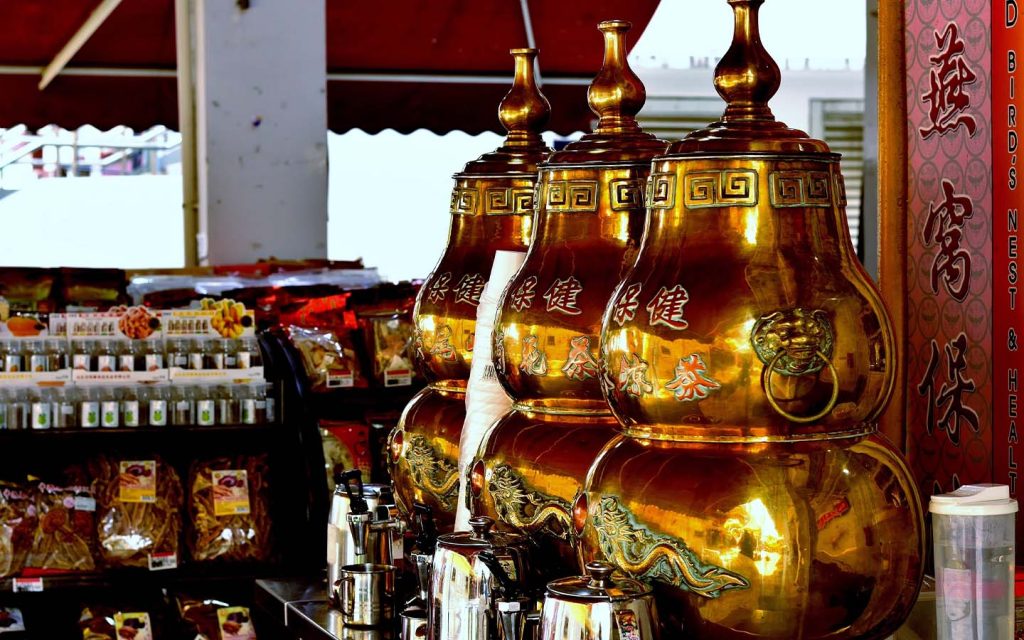
4. Man Ka On(萬家安)
If you pass by the intersection of Rua dos Mercadores and Avenida de Almeida Ribeiro, you’ll spot a mobile handcart with a small lamp hanging from it, illuminating a sign that reads “Man Ka On” (in Chinese). Beneath the sign are several thermal flasks, each containing a different type of herbal tea.
The owner, Mr. Wong, says that he studied some traditional Chinese medicine in the past and began running Man Ka On in 1985. Every morning at 10 am, he starts brewing herbal tea, continuing until 4 pm. At 5 pm, he wheels out his handcart and operates until 1 am – rain or shine.
Due to the limited space of the handcart, Man Ka On doesn’t offer as wide a selection as other shops. Mr. Wong says the most popular item is the Dampness Relieving Tea, which he attributes to modern habits: people staying up late, consuming lots of fried foods and cold drinks, all of which contribute to excess dampness in the body according to TCM.
Address: Intersection of Rua dos Mercadores and Avenida de Almeida Ribeiro
Hours: 5 pm to 1 am daily
5. Hoi Tsing Cha Medicional(海清純)
When it comes to transforming the traditional herbal tea business into a successful chain, Hoi Tsing Cha Medicinal is a name that stands out. The current brand director, Mr. Cheang, took over his father’s herbal tea mobile handcart business in 1996 – an enterprise that began in the 1960s – and opened the first proper store. By 2005, Hoi Tsing Cha Medicinal had expanded to over ten branches across Macao, eventually branching into mainland China.
The brand name “Hoi Tsing Cha Medicinal” is derived from Mr. Cheang’s father’s name. With sharp business acumen and a deep commitment to the herbal tea trade, Mr. Cheang pursued formal studies in Traditional Chinese Medicine at Sun Yat-sen University of Medical Sciences.
Hoi Tsing Cha Medicinal offers a wide range of beverages, with its signature Five Flower Tea and 24-Flavour Tea leading the lineup. To keep pace with modern tastes, some branches also serve a selection of double-boiled soups and traditional desserts.
Address: 42 Estr. de Coelho do Amaral
Hours: 10:30 am to 9:30 pm daily
– With additional reporting by Christopher Chu
